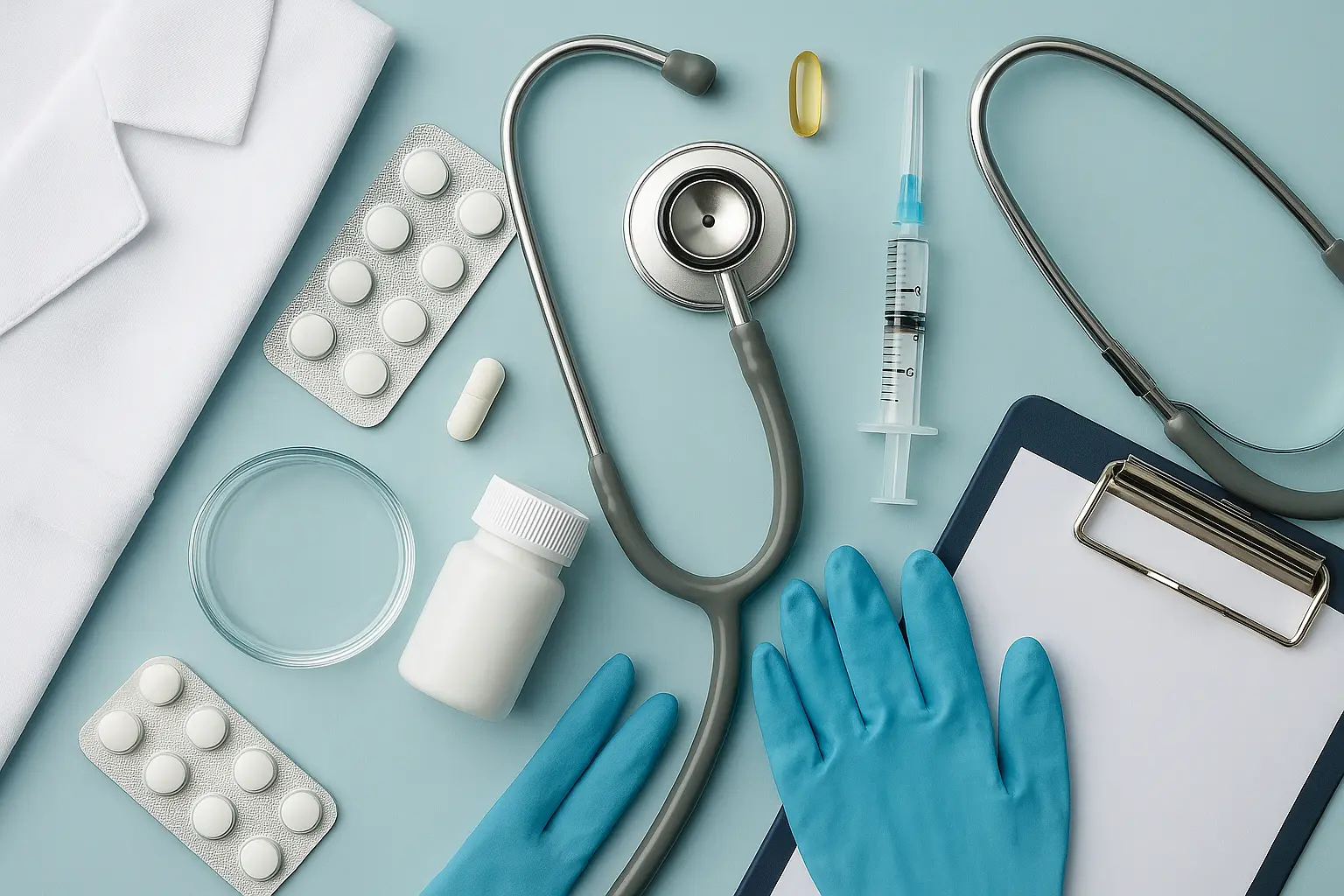Bioequivalence Certification
The Bioequivalence Certification is a critical process in the pharmaceutical and medical sectors aimed at demonstrating that a generic drug product or dosage form is therapeutically equivalent to an innovator/reference drug. This certification ensures that the active ingredient concentrations, pharmacokinetics, and bioavailability are comparable between the two products under normal conditions of use.
The Bioequivalence Certification process typically involves in vivo studies where the plasma concentration-time profiles of the test formulation and reference product are compared after administration to a group of healthy volunteers or patients. The primary objective is to ensure that the test drug delivers an equivalent amount of active ingredient to the body, at similar times, as the reference drug.
In vitro methods can also be used in certain scenarios, such as dissolution testing, which evaluates the rate and extent of drug release from dosage forms like tablets or capsules. This ensures that the drug will dissolve adequately before absorption into the bloodstream. The US Food and Drug Administration (FDA) and the European Medicines Agency (EMA) have established guidelines for bioequivalence studies.
The acceptance criteria for Bioequivalence Certification are stringent, often involving statistical analysis of pharmacokinetic parameters such as Area Under the Curve (AUC), Maximum Plasma Concentration (Cmax), and Time to Reach Cmax (Tmax). The FDA defines a 90% confidence interval around the geometric mean ratio of these parameters. For most products, this interval should fall between 80% and 125%, indicating that the test product is bioequivalent to the reference drug.
Given its importance in ensuring patient safety and efficacy, Bioequivalence Certification is a cornerstone of regulatory compliance for generic pharmaceutical manufacturers. This process not only aids in reducing healthcare costs but also ensures that patients receive medications with predictable and reliable therapeutic outcomes.
Why It Matters
Bioequivalence Certification matters because it directly impacts patient safety, efficacy, and the overall quality of pharmaceutical products. Ensuring that a generic drug is bioequivalent to its innovator counterpart means that patients can have confidence in the consistency and effectiveness of their treatment options.
From a regulatory perspective, Bioequivalence Certification helps streamline the approval process for generics, ensuring they meet rigorous standards set by health authorities like the FDA and EMA. This reduces the time and cost associated with developing new drugs from scratch while still providing innovative solutions to healthcare challenges.
In terms of patient care, bioequivalent products offer consistent therapeutic outcomes, which is crucial in managing chronic diseases or conditions where precise dosing is important. The certification also supports the broader goal of improving access to essential medicines by increasing competition and reducing costs.
For pharmaceutical companies, Bioequivalence Certification provides a pathway to market for generic versions of brand-name drugs. By demonstrating bioequivalence, manufacturers can bring their products to market more quickly and at lower cost, benefiting both themselves and healthcare systems globally.
Why Choose This Test
Selecting Bioequivalence Certification is essential for several reasons. Firstly, it ensures that the generic drug meets stringent regulatory standards set by health authorities worldwide. Secondly, this certification process provides a high level of assurance that the product will perform as expected in clinical settings.
Pharmaceutical manufacturers opt for Bioequivalence Certification to comply with international standards and guidelines such as those provided by ISO and ASTM. This ensures consistency across different regulatory environments and helps streamline compliance efforts globally.
The process also supports quality control and assurance, allowing companies to monitor the performance of their products throughout the supply chain. By conducting rigorous tests during development, manufacturers can identify and address potential issues early in the product lifecycle, leading to higher-quality end products.
Bioequivalence Certification is particularly beneficial for R&D teams working on new formulations or modifications to existing drugs. It provides a structured approach to evaluating these changes, ensuring that any alterations do not compromise the therapeutic equivalence of the drug.
Use Cases and Application Examples
| Scenario | Description |
|---|---|
| New Generic Drug Launch | A pharmaceutical company is launching a new generic version of an established drug. They conduct Bioequivalence Certification to ensure the product meets all regulatory requirements and provides consistent therapeutic effects. |
| Formulation Modification | An R&D team modifies the formulation of an existing drug to improve its stability or shelf life. Bioequivalence Certification confirms that these changes do not affect the drug's bioavailability or efficacy. |
| Manufacturing Process Changes | A manufacturer alters its production process for a generic drug. They perform Bioequivalence Certification to verify that the changes have no impact on the drug's quality and effectiveness. |
| Comparative Studies | Several manufacturers are conducting comparative studies between their own products and established reference drugs. Bioequivalence Certification provides reliable data for these evaluations. |
| Market Expansion | A company wants to expand its product range into new markets with different regulatory requirements. Bioequivalence Certification ensures the product meets those specific standards, facilitating market entry. |
| Patient Safety Monitoring | A healthcare provider monitors patient responses to a particular generic drug over time. Bioequivalence Certification helps in identifying any potential issues related to formulation or manufacturing changes that could affect patient outcomes. |
These use cases highlight the versatility and importance of Bioequivalence Certification across various stages of pharmaceutical development, manufacturing, and market expansion.





